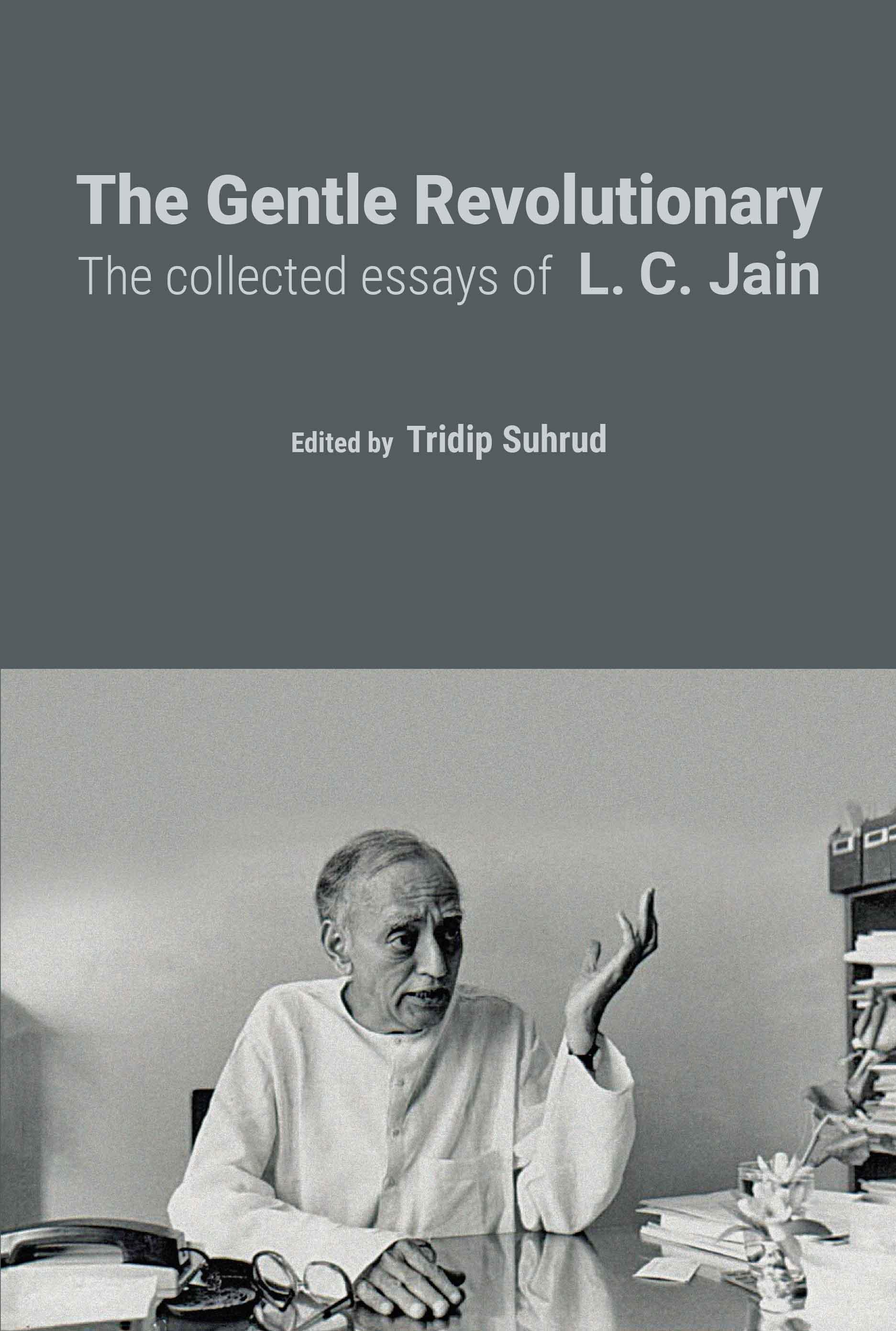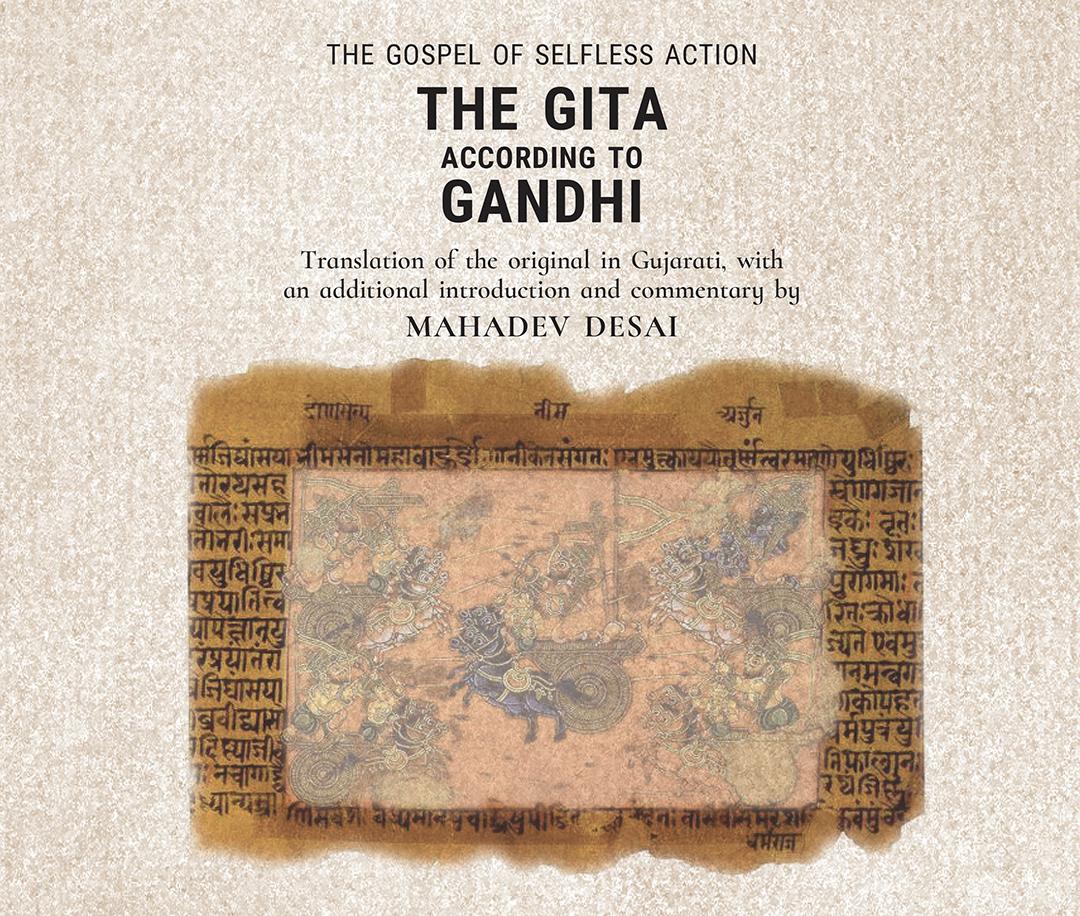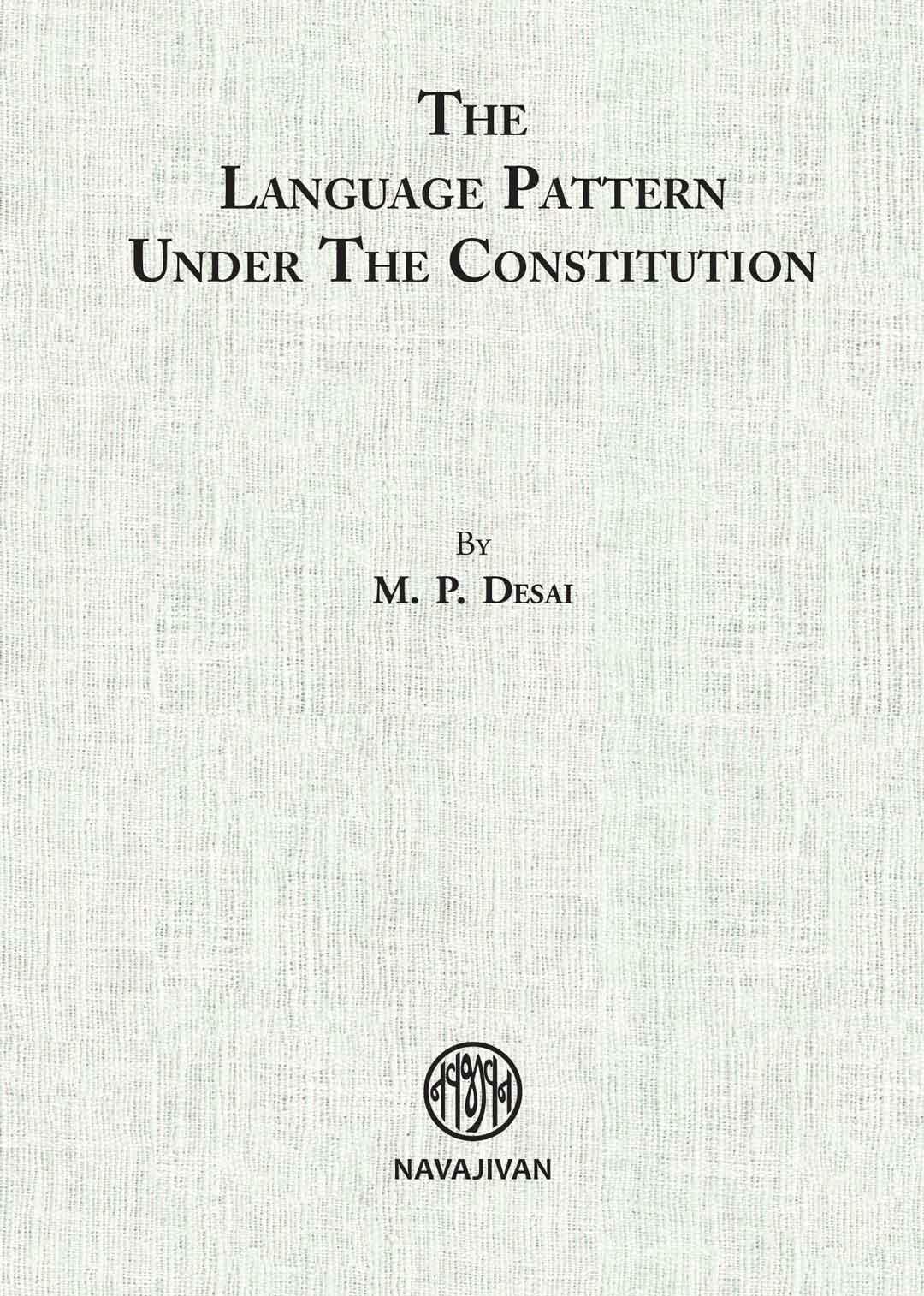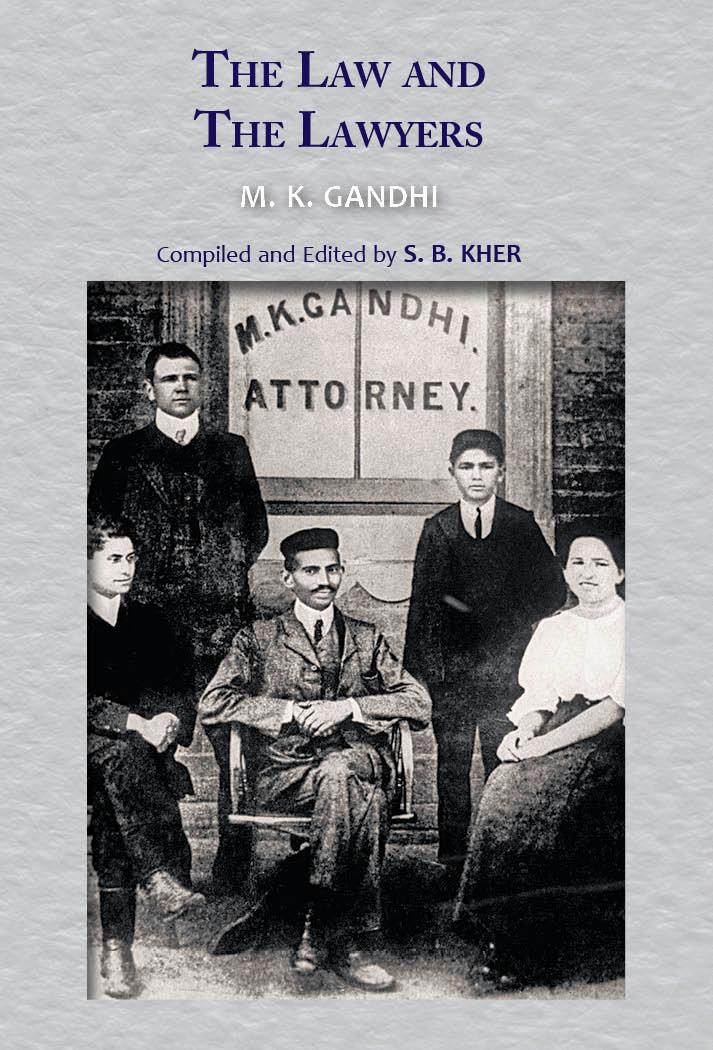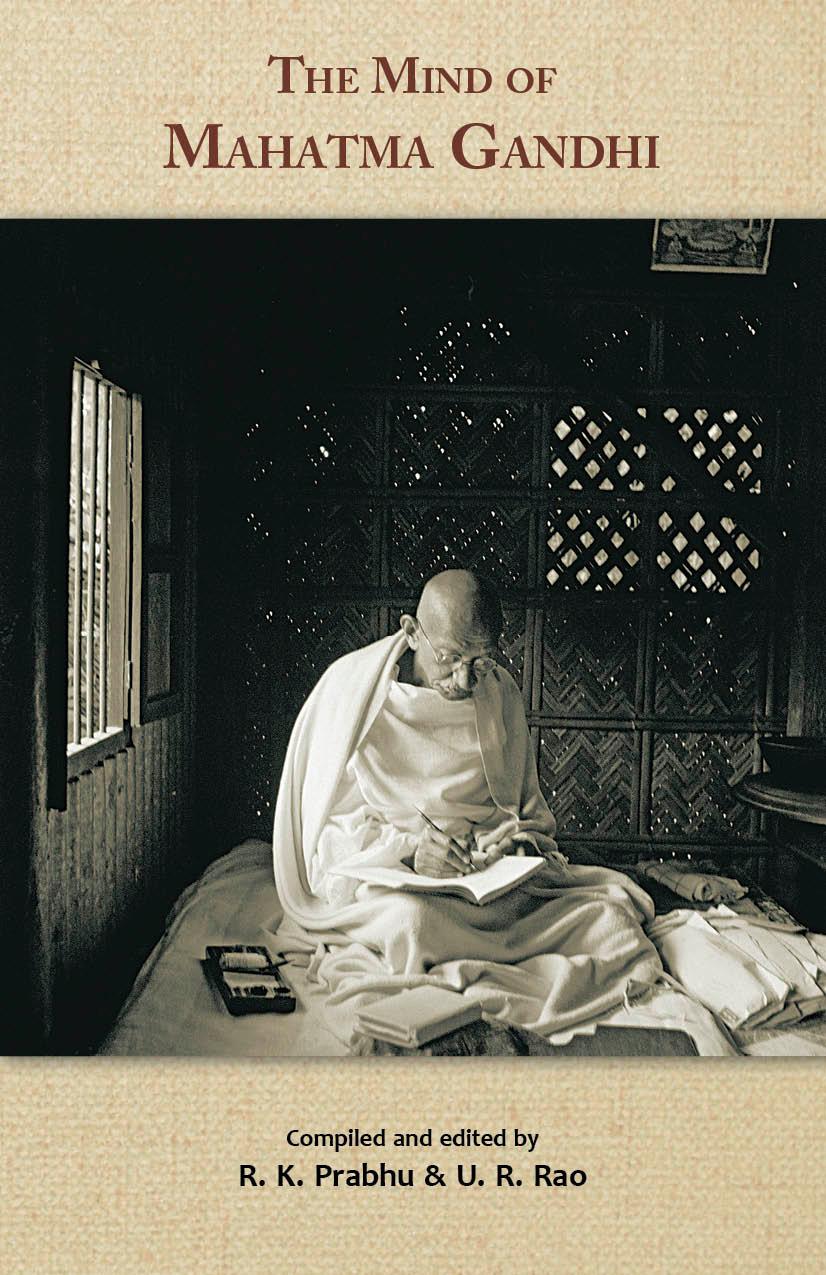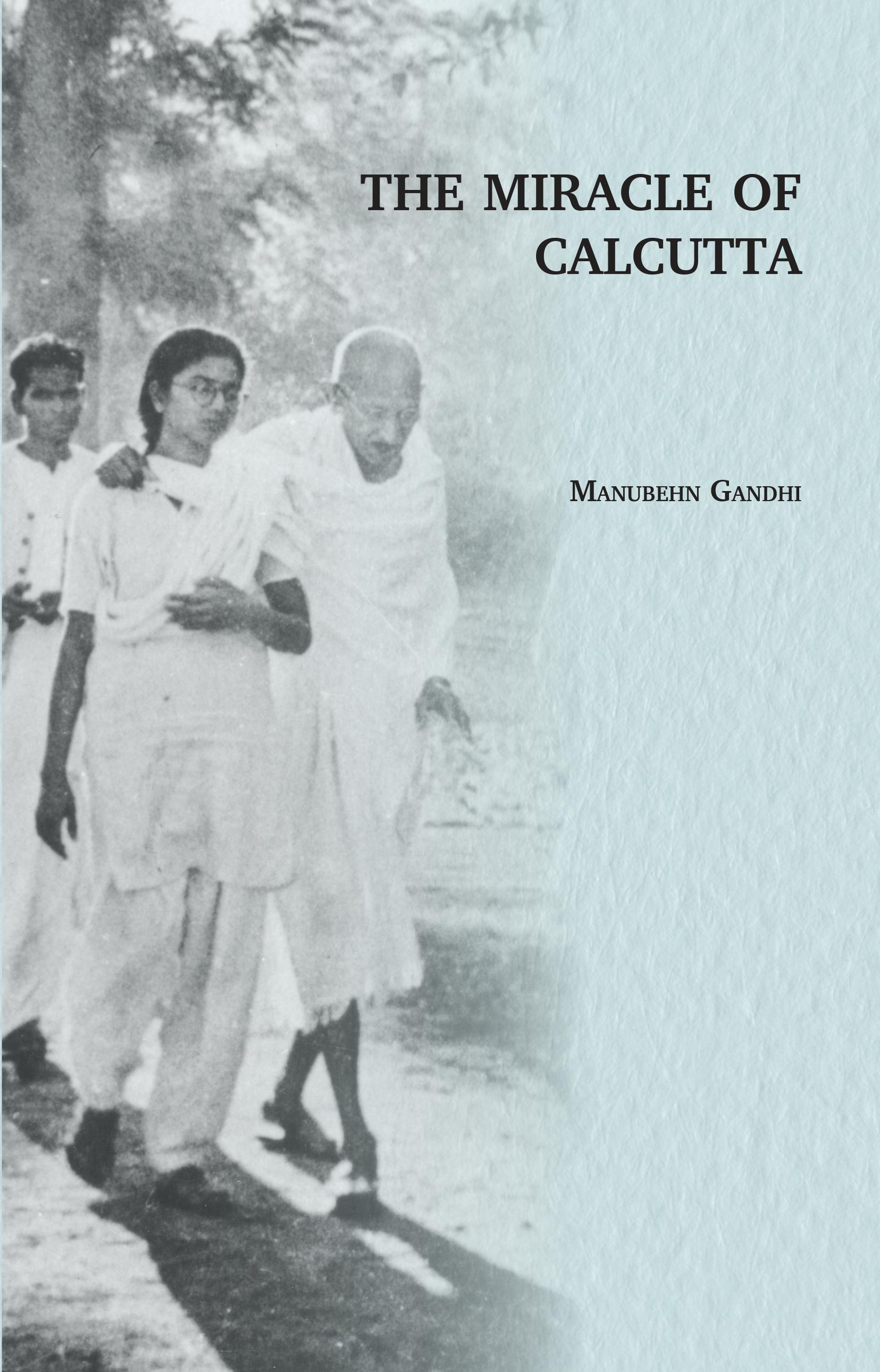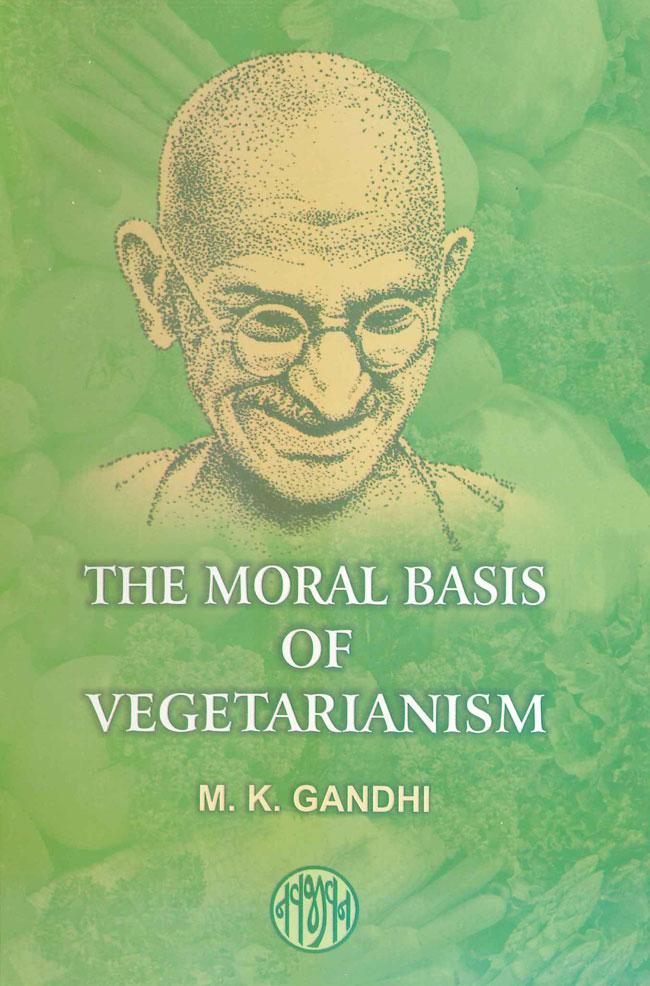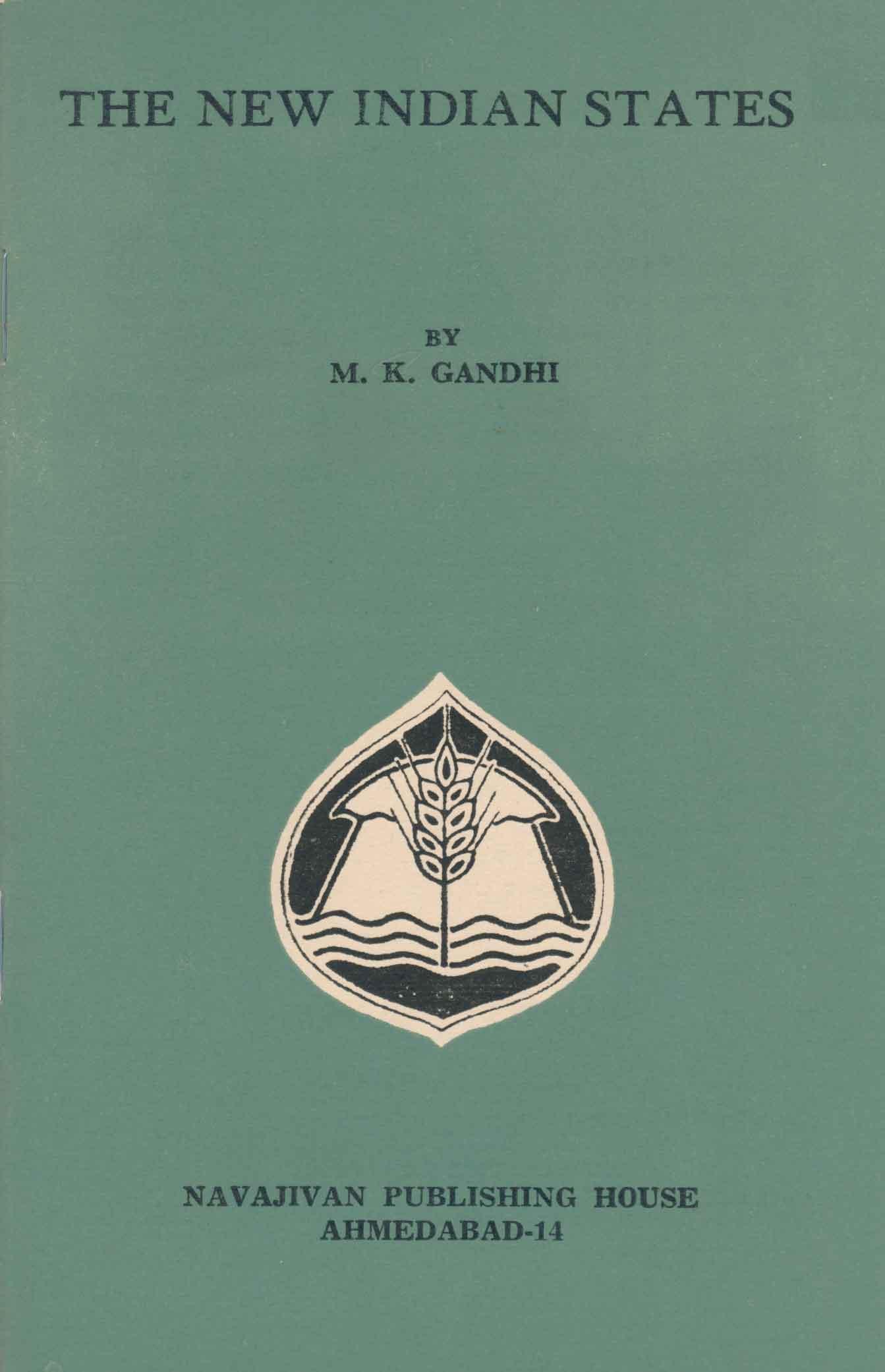For many, Laxmi Chand Jain (1925–2010) was a Gandhian economist, at a time when the space for both Gandhi and his economics had shrunk. He came to Gandhi essentially through his pioneering work on the rehabilitation of Partition refugees… It was the early years spent as a volunteer in the refugee camps, that L. C. Jain acquired an intimate understanding of the innovation and resilience of the poor and the deprived. He carried these concerns and faith with him into all his other public engagements—the Handloom and Handicraft Board, the Super Bazars, the idea of the rural credit, the Planning Commission and even, the Office of the High Commissioner of India to South Africa. The 13 essays collected here (1990–2007) seek to investigate the reason for the receding presence of Gandhi in the political-economic discourse and policy structures of modern India through a detailed analysis of political debates and policy documents. L. C. Jain is imbued with and moved by a deep pathos about the fate of the poor, the dispossessed and the destitute. It is these that led him to Gandhi. Like Kumarappa before him, L. C. Jain sits on Gandhi’s shoulders and sees far. What he sees fills him with hope but he also sees the structure of political economy change fundamentally around him. This struggle between hope and realisation of structural impossibilities give these essays a life beyond their context. Their publication will give all of us yet another opportunity to assess the paths not taken and reawaken the debates on poverty that have become increasingly rare. ... Jain’s voice is a voice of hope, of possibilities, patiently waiting for the country and the world to recognise deeper structures of Gandhi’s thought and in the meanwhile keeping the possibility alive. [From ‘Introduction’]
Author(s) : L C Jain
INR 650.00
INR 250.00
INR 60.00
INR 150.00
INR 250.00
INR 15.00
INR 500.00
INR 100.00
INR 20.00
INR 0.25

